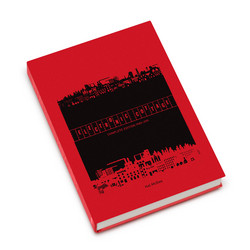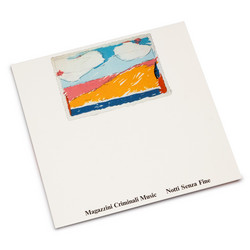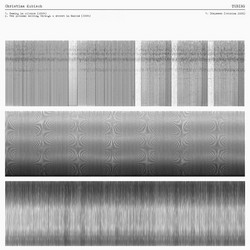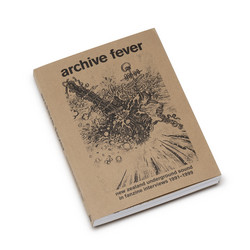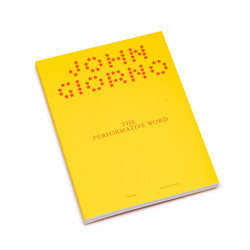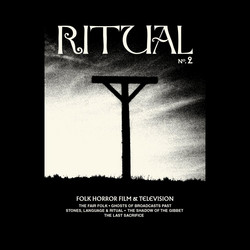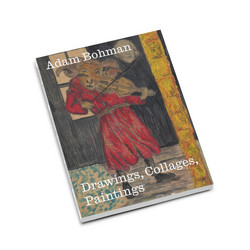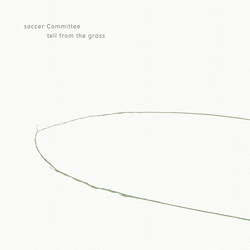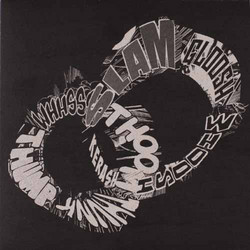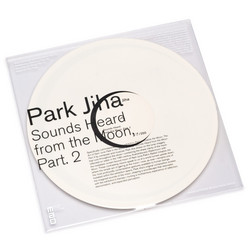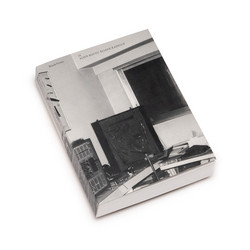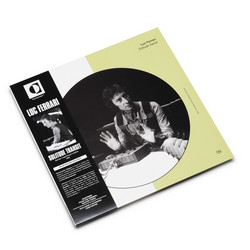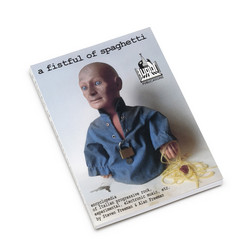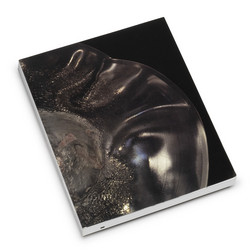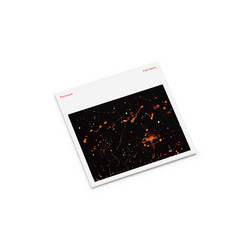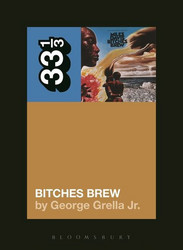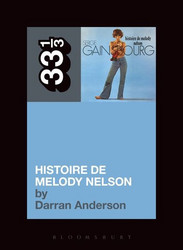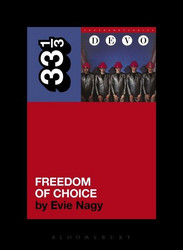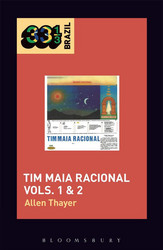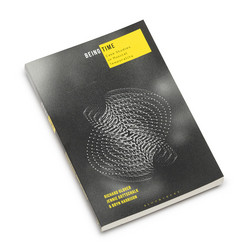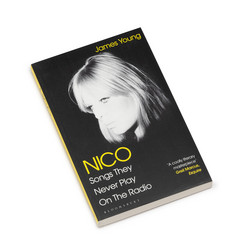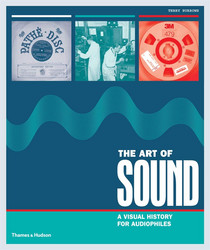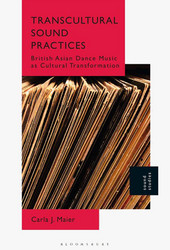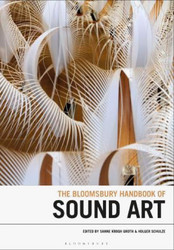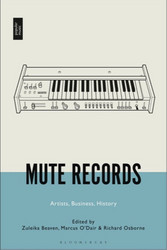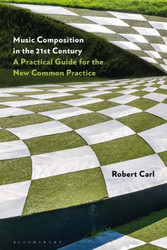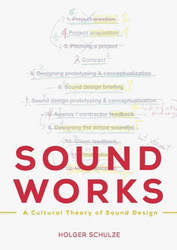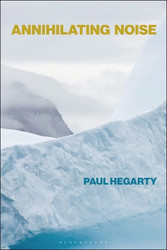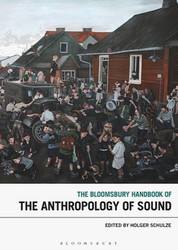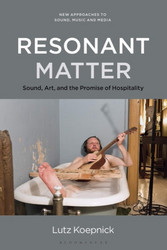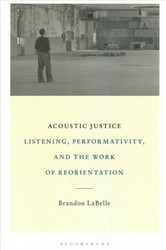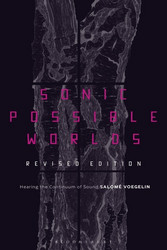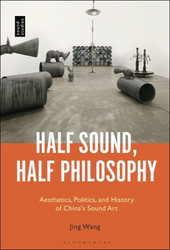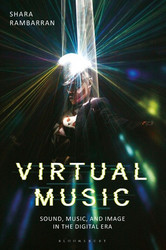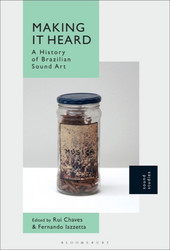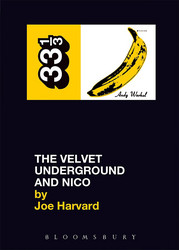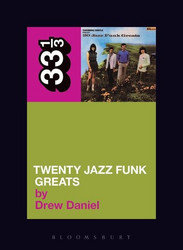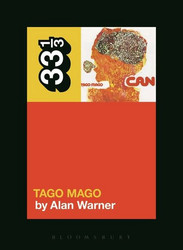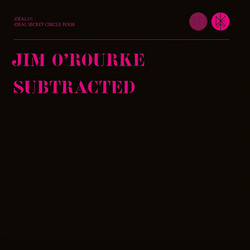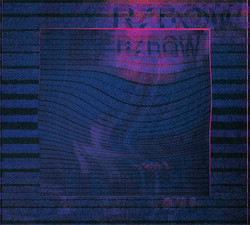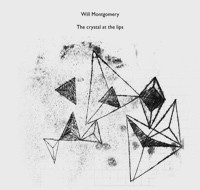G. Douglas Barrett
After Sound - Toward a Critical Music (Book)
After Sound considers contemporary art practices that reconceive music beyond the limitation of sound. This book is called After Sound because music and sound are, in Barrett's account, different entities. While musicology and sound art theory alike typically equate music with pure instrumental sound, or absolute music, Barrett posits music as an expanded field of artistic practice encompassing a range of different media and symbolic relationships. The works discussed in After Sound thus use performance, text scores, musical automata, video, social practice, and installation while they articulate a novel aesthetic space for a radically engaged musical practice. Coining the term "critical music," this book examines a diverse collection of art projects which intervene into specific political and philosophical conflicts by exploring music's unique historical forms.
Through a series of intimate studies of artworks surveyed from the visual and performing arts of the past ten years-Pussy Riot, Ultra-red, Hong-Kai Wang, Peter Ablinger, Pauline Boudry and Renate Lorenz, and others-After Sound offers a significant revision to the way we think about music. The book as a whole offers a way out of one of the most vexing deadlocks of contemporary cultural criticism: the choice between a sound art effectively divorced from the formal-historical coordinates of musical practice and the hermetic music that dominates new music circles today.
“[A] provocative thesis. ... Barrett summarises Cage's manifold aims in one brilliant paragraph ... [and] shows he can write lucidly ... I learned a lot from this book.” – The Wire
“Barrett's book goes beyond the protesting of sound-art difference of Cox or Kim-Cohen and addresses the musicophobia of Kane. It identifies an important path and begins to move along it. Then think even harder and give us more ... If writing such as Barrett's constantly draws our attention back to the dynamic co-existence in music of absolute conceptuality and absolute materiality, and of the social and the individual, it's performing a vital task.” – Journal of Sonic Studies
“Doug Barrett's book marks a crucial intervention into the embattled and often confused contemporary discourses of the sonic. Deftly navigating between the Scylla and Charybdis of recent debates (so-called materialists [Cox] versus so-called idealists [Kim-Cohen]), Barrett's call for a 'critical music' offers new terms for thinking and practicing musical art. Against ahistorical theorizations of 'sound' as a novel field, Barrett seeks to provoke a genuine interdisciplinary encounter between music and contemporary art, philosophy, and politics.” – Bill Dietz, Composer & Co-Chair of Music/Sound, Milton Avery Graduate School of the Arts, Bard College, USA
“Acts of intellectual courage are few and far between in these timid times. But Barrett throws caution to the wind. There is nothing absolute, he argues, about 'absolute music.' Except for a brief historical anomaly-lasting, roughly, from Beethoven to Boulez-music has always been embedded in the concatenations of history. What's more, music has always been the strange bedfellow of power and predicament, time and climate, finance and fellowship. Barrett absolves music (and us) of any recourse to the absolute. Where does that leave us? Here and now, thankfully.” – Seth Kim-Cohen, Assistant Professor of Art History, Theory, and Criticism, School of the Art Institute of Chicago, USA
“After Sound is an ambitious and polemical contribution to the debates surrounding the porous domains of sound art, new music, and twenty-first century politics. It offers engaged interpretations of three collectives and five individual artists working at the borderlands of what is customarily taken as music, and handles a wide range of challenging and complex philosophical questions with remarkable ease.” – Michael Gallope, Assistant Professor, Department of Cultural Studies and Comparative Literature, University of Minnesota, USA
“An analyst in a crowded field of partisans, G. Douglas Barrett has given us a radical tool for apprehending the mess that we call music in the twenty-first century. Favoring clear-headed argument over strident polemics, he diagnoses the limits of discourse and practice in sound art, contemporary (visual) art, and new music by listening through and beyond them.” – Benjamin Piekut, Associate Professor of Music, Cornell University, USA
- Paperback, 6x9"
- 256 pages
- 6 b&w illustrations
![data-cosm [n°1]](https://cdn.soundohm.com/data/products/2026-02/ikedda-data-cosm-1-jpeg.jpeg.250.jpg)
